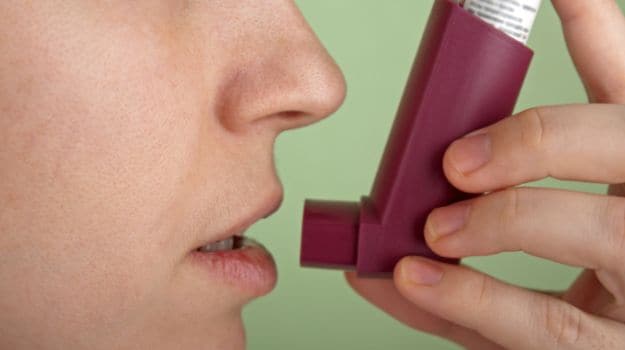"Anxiety sensitivity not only helps explain why we see higher rates of anxiety disorders, but also why anxiety is associated with poorer asthma outcomes," said one of the researchers Alison McLeish, associate professor of psychology at University of Cincinnati in the US.
Anxiety sensitivity, in simple terms, is a fear of fear. The researchers recruited 101 college undergraduates who reported having asthma. The experiment aimed to mimic asthma symptoms by having study participants breathe in-and-out through a narrow straw, about the width of a coffee-stirrer straw.
As expected, people who reported higher anxiety sensitivity not only reported greater anxiety during the straw-breathing task, but also experienced greater asthma symptoms and decreased lung function.
As a result, the study recommended interventions for anxiety sensitivity - such as exposure therapy - aimed at reducing the anxiety.
The findings are scheduled to be presented at the ongoing Association for Behavioral and Cognitive Therapies (ABCT) 49th annual convention in Chicago.








